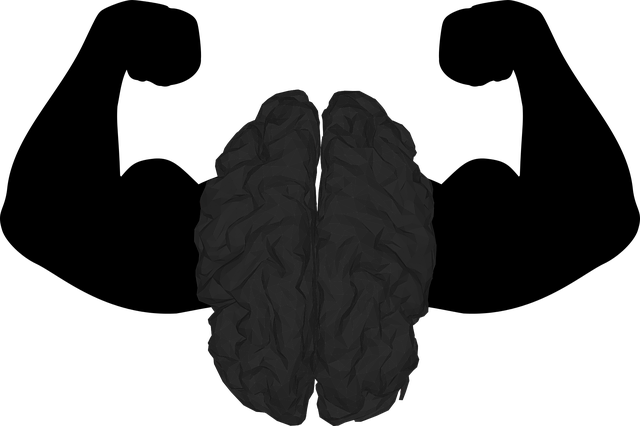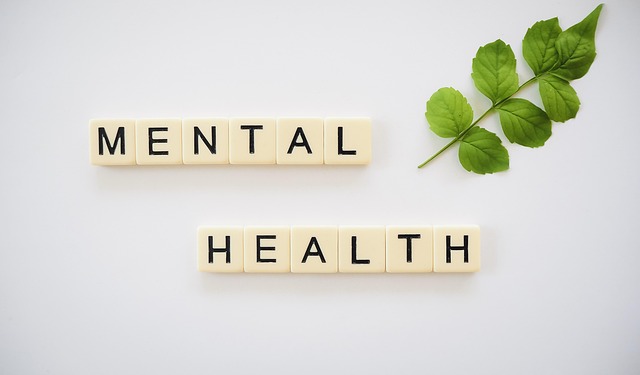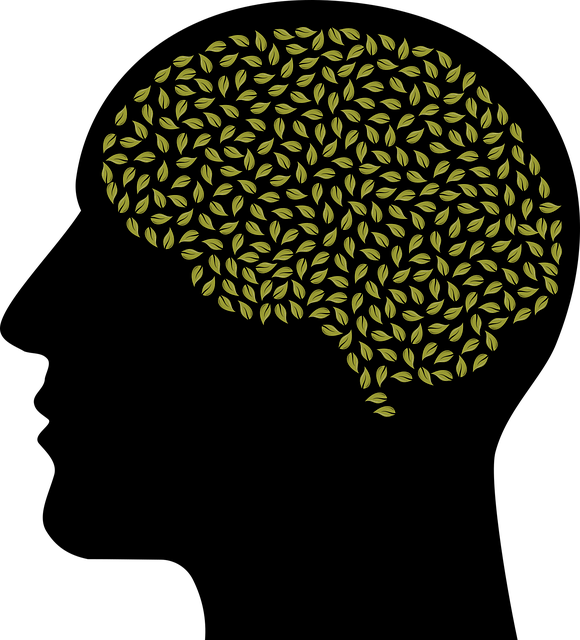Diagnosing and treating mental health issues in young children involves observing symptoms like sadness or aggression, as they struggle with direct communication. Early intervention through therapies like play therapy and mental wellness coaching helps address emotional regulation, social skills development, and relationship issues. Understanding different therapy types, such as CBT and mindfulness techniques, guides parents in supporting their child's healing process. Building a support system, including access to specialized therapy and community resources, is crucial for long-term mental health stability.
Mental illness diagnosis and treatment navigation can be complex, especially for young children. This comprehensive guide delves into crucial aspects of supporting their mental health journey. We explore understanding mental health diagnoses in young children, identifying and addressing relationship issues through therapy, navigating diverse treatment options, and building robust support systems for effective recovery. By focusing on these key areas, we aim to empower parents and caregivers to provide the best care possible for their young ones facing mental health challenges.
- Understanding Mental Health Diagnoses for Young Children
- Identifying and Addressing Relationship Issues in Therapy
- Navigating Treatment Options: A Comprehensive Guide
- Building Support Systems for Effective Recovery
Understanding Mental Health Diagnoses for Young Children

Diagnosing mental health issues in young children can be a complex process due to their limited ability to communicate their feelings and experiences. This often requires careful observation and assessment by qualified professionals, such as child psychologists or paediatricians. Mental health diagnoses for this age group are typically based on recognised symptoms and behaviours that may include persistent sadness, anxiety, aggression, or significant changes in appetite and sleep patterns. Early identification is crucial as it allows for timely intervention through various therapies tailored to their needs.
One effective approach is play therapy, which creates a safe and engaging environment for children to express themselves. This can help address relationship issues within the family or with peers, fostering better emotional regulation and social skills development. Additionally, mental wellness coaching programs designed specifically for young individuals focus on building inner strength by teaching stress management techniques, mindfulness, and positive coping strategies. Such programs complement traditional therapy by empowering children to take charge of their mental health and overall well-being.
Identifying and Addressing Relationship Issues in Therapy

Identifying relationship issues is a critical aspect of therapy, especially when focusing on young children’s mental health. Children often struggle to express their emotions and communicate needs directly, making it vital for therapists to be attuned to indirect signs of distress or difficulties in relationships. These may include behavioral changes, such as aggression or withdrawal, which could indicate underlying issues with attachment or peer interactions. By creating a safe and non-judgmental environment, therapists can encourage children to open up about their experiences and emotions, fostering better self-awareness and interpersonal skills.
Therapy for young children should incorporate empathy-building strategies to strengthen these fragile relationships. Healthcare providers play a crucial role in burnout prevention by implementing techniques that enhance emotional connection and understanding. Through active listening and reflective practices, therapists can model the level of compassion and patience needed to navigate complex family dynamics. This approach not only aids in addressing current relationship issues but also equips children with valuable coping mechanisms for future social interactions, thereby reducing the risk of long-term mental health challenges and promoting healthier relationships.
Navigating Treatment Options: A Comprehensive Guide

Navigating treatment options for mental illness can be a complex and overwhelming process, especially when it comes to young children experiencing relationship issues. A comprehensive guide is essential to ensuring parents and caregivers receive the support they need during this challenging time. This resource should outline various therapy types tailored for younger audiences, focusing on evidence-based practices that promote emotional well-being.
By understanding different therapeutic approaches, such as play therapy, cognitive-behavioral therapy (CBT), and mindfulness techniques, parents can actively participate in their child’s healing journey. These methods aim to improve self-esteem, enhance emotional intelligence, and teach valuable coping strategies. A step-by-step guide, which includes resources and support networks, will empower families to make informed decisions about their child’s mental health treatment.
Building Support Systems for Effective Recovery

Building a robust support system is an integral part of effective recovery for individuals navigating mental illness. This includes fostering healthy relationships and seeking specialized therapy tailored to their needs, especially when focusing on young children. Early intervention through therapy can significantly impact a child’s mental wellness, addressing relationship issues that may be at the root of their struggles. The right therapeutic approach can help these young minds develop essential coping mechanisms and foster positive social interactions, laying the foundation for long-term mental health stability.
In addition to individual therapy, support groups or community outreach programs can play a crucial role in recovery. These platforms encourage open dialogue, reduce feelings of isolation, and promote peer mentorship. Moreover, integrating resources like the Mental Wellness Podcast Series Production can offer accessible education and inspiration. Similarly, advocating for evidence-based practices through Mental Health Policy Analysis and Advocacy ensures that individuals have access to effective treatment options, including Social Skills Training, which targets interpersonal challenges at various developmental stages.
Mental illness diagnosis and treatment navigation can be complex, especially for young children. By understanding mental health diagnoses, identifying and addressing relationship issues through therapy, navigating a comprehensive guide to treatment options, and building robust support systems, parents and caregivers can foster effective recovery journeys. These strategies not only enhance the child’s well-being but also create a supportive network that promotes resilience and growth.












